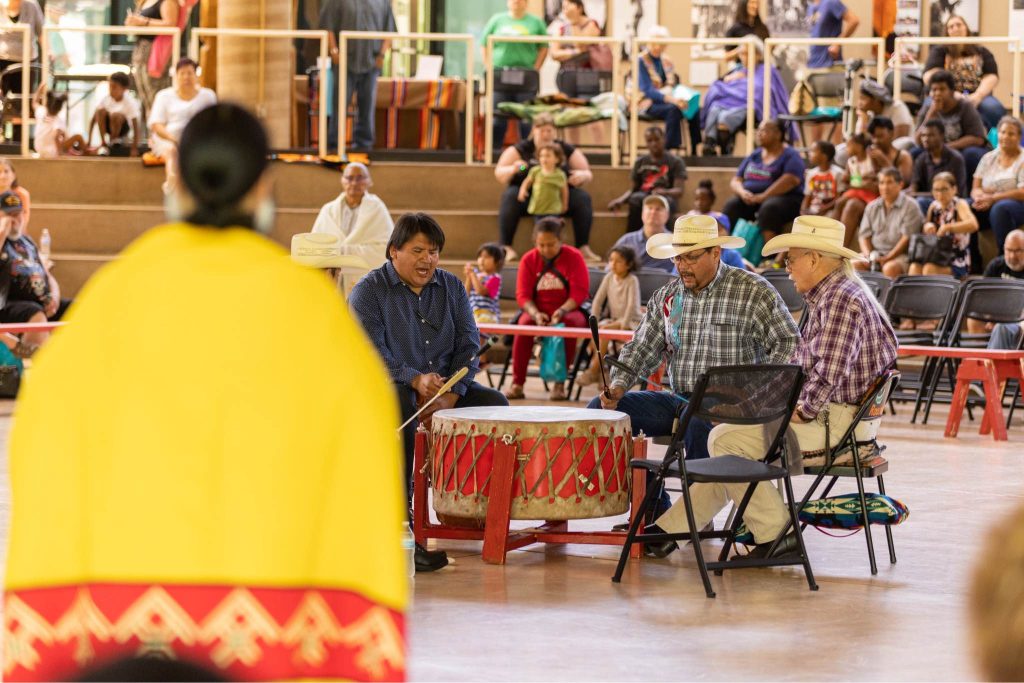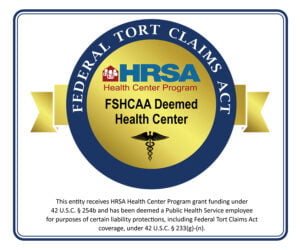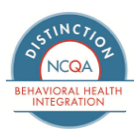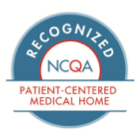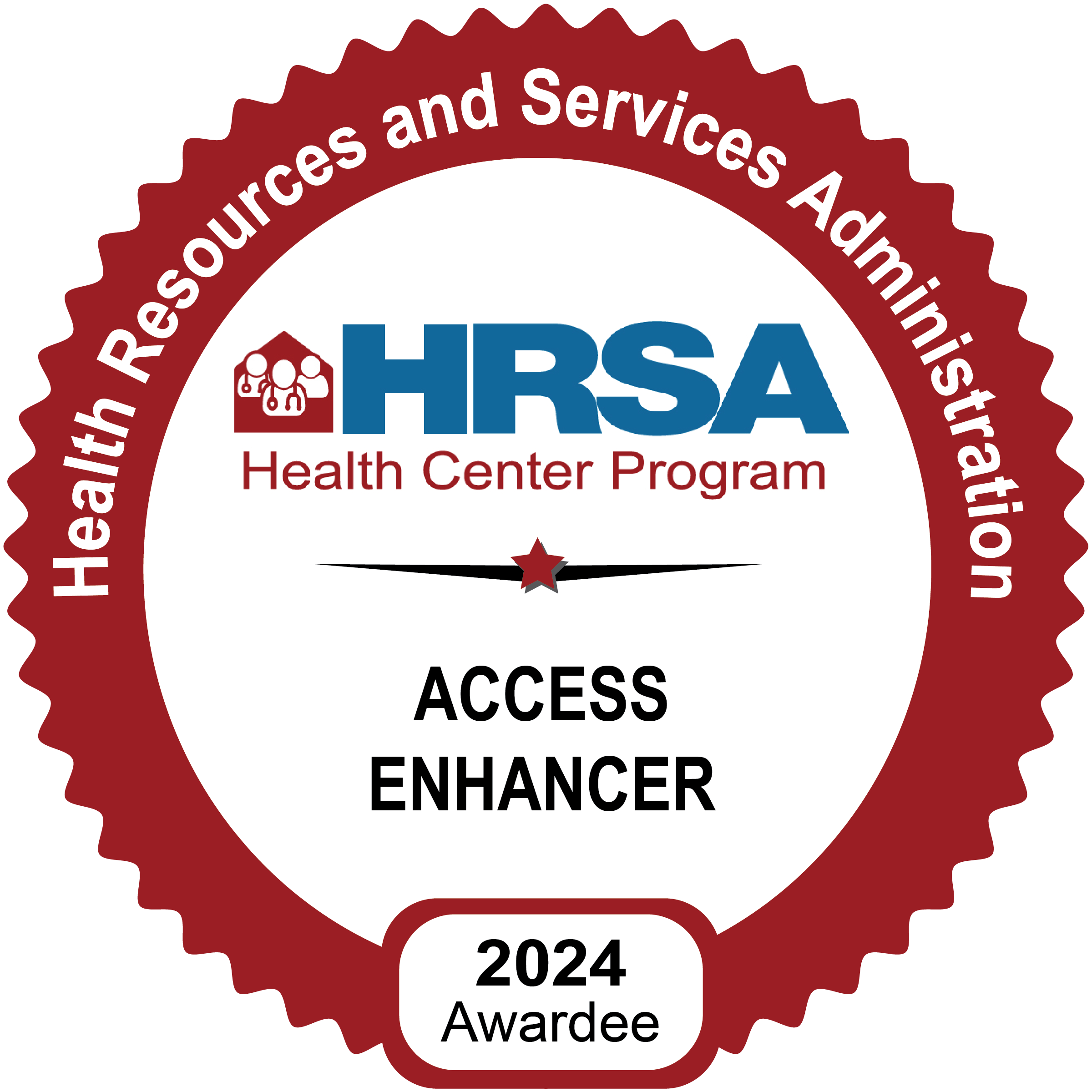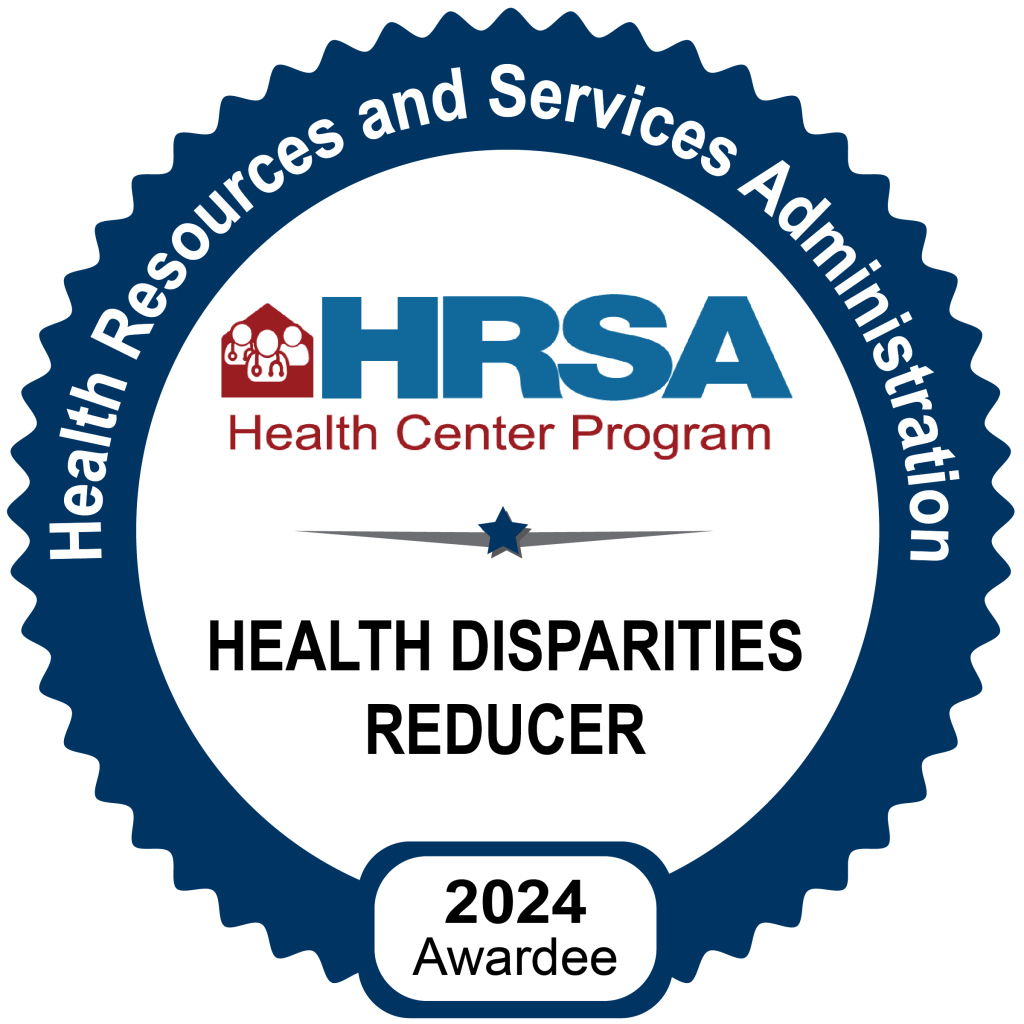Native American Heritage Month: Embracing Who We Are at Hunter Health
Native American Heritage Month at Hunter Health is more than a celebration; it’s a tribute to our foundational roots. Established to address the healthcare needs of Urban Native Americans in Wichita, Hunter Health has grown into a foundation of culturally sensitive care. This month, we honor the rich culture of these communities and reflect on how these traditions are deeply woven into Hunter Health’s identity and mission.
Hunter Health’s Origins and Commitment
In 1976, Hunter Health emerged from a profound need to serve the Urban Native American community in Wichita. Dr. Vernon Dyer, a Choctaw and Prairie Band Potawatomi physician, founded the clinic, initially operating from a single room at the Mid-American All-Indian Center. This symbolized a commitment to culturally relevant healthcare, a principle that continues to guide us. By 1985, in acknowledgment of our unique role and to honor Native American educators Jay and Vera Hunter, we adopted the name Hunter Health.
Expanding Services and Reach
Our growth in the years since has been remarkable. Hunter Health became the first program of its kind in Kansas to receive federal funding through the Indian Health Service. This milestone allowed us to expand our services significantly, marking us as a leader in culturally appropriate healthcare. By the mid-1980s, our ambition to embrace every Wichita resident led us to become the first federally funded Community Health Center in the state. Reflecting our unwavering commitment to serving everyone, regardless of background or status.
Offering Comprehensive Healthcare
Our healthcare services, exemplified by the Urban Indian Health Program, are a testament to our dedication to Native American health needs. We provide a wide array of services, from dental care and behavioral health treatment to immunizations, substance use disorder treatment HIV testing and treatment, and health education. These services are not just about treating illnesses; it’s about culturally relevant healthcare services tailored to the Urban Native American community of Wichita. This holistic approach ensures that we meet not only the physical health needs but also the spiritual and emotional wellbeing of the Native American community.
Support Beyond Healthcare
Beyond healthcare, Hunter Health recognizes the importance of heritage and identity. Our Native American Registrar services assist individuals with tribal registration and documentation, crucial for connecting community members with their roots. Newman Washington, our Traditional Health Coordinator, and Laura Razo, our Urban Indian Program Coordinator, both embody our mission.
With over two decades of experience, Newman advocates for the needs of Native American patients, ensuring our services are responsive and culturally attuned. Laura, with her extensive background as an educator, lawyer, and tribal leader, focuses on bringing healthcare and wellness resources to Native Americans in the Wichita area. Her efforts in informing the community about Hunter Health’s services, including the Indian Health Service Program, are vital in making healthcare accessible and culturally appropriate. Together, they underline our commitment to integrating traditional wisdom with modern healthcare practices, ensuring that we serve the Native American community with respect and understanding.
A Living Legacy and Celebration
Hunter Health stands as a living testament to Native American heritage and community dedication. Our journey from a small clinic to a comprehensive healthcare provider mirrors our evolving commitment to inclusivity and comprehensive care. As we celebrate Native American Heritage Month, we’re reminded of our profound connection to these rich traditions. At Hunter Health, it’s a heartfelt celebration of our roots, an affirmation of our dedication to holistic healthcare, and a commitment to the ongoing health and well-being of the Native American community. Our legacy is not just in the services we provide but in the lives we touch, the traditions we uphold, and the community we build together.


